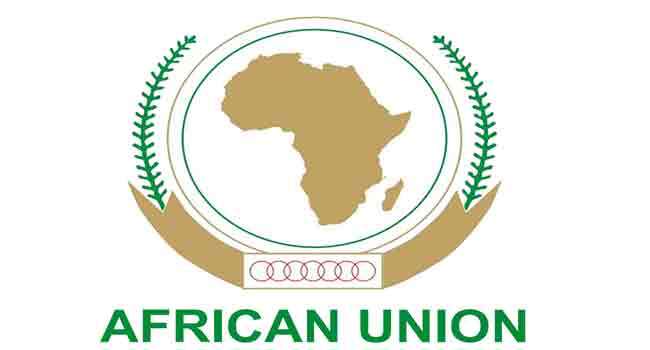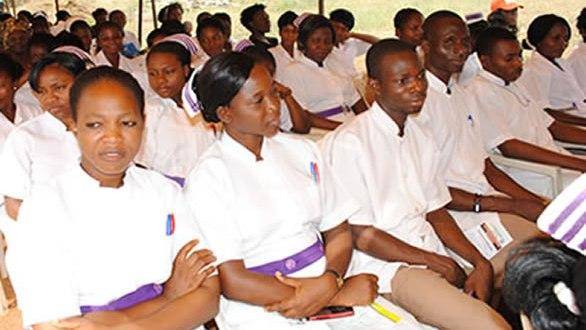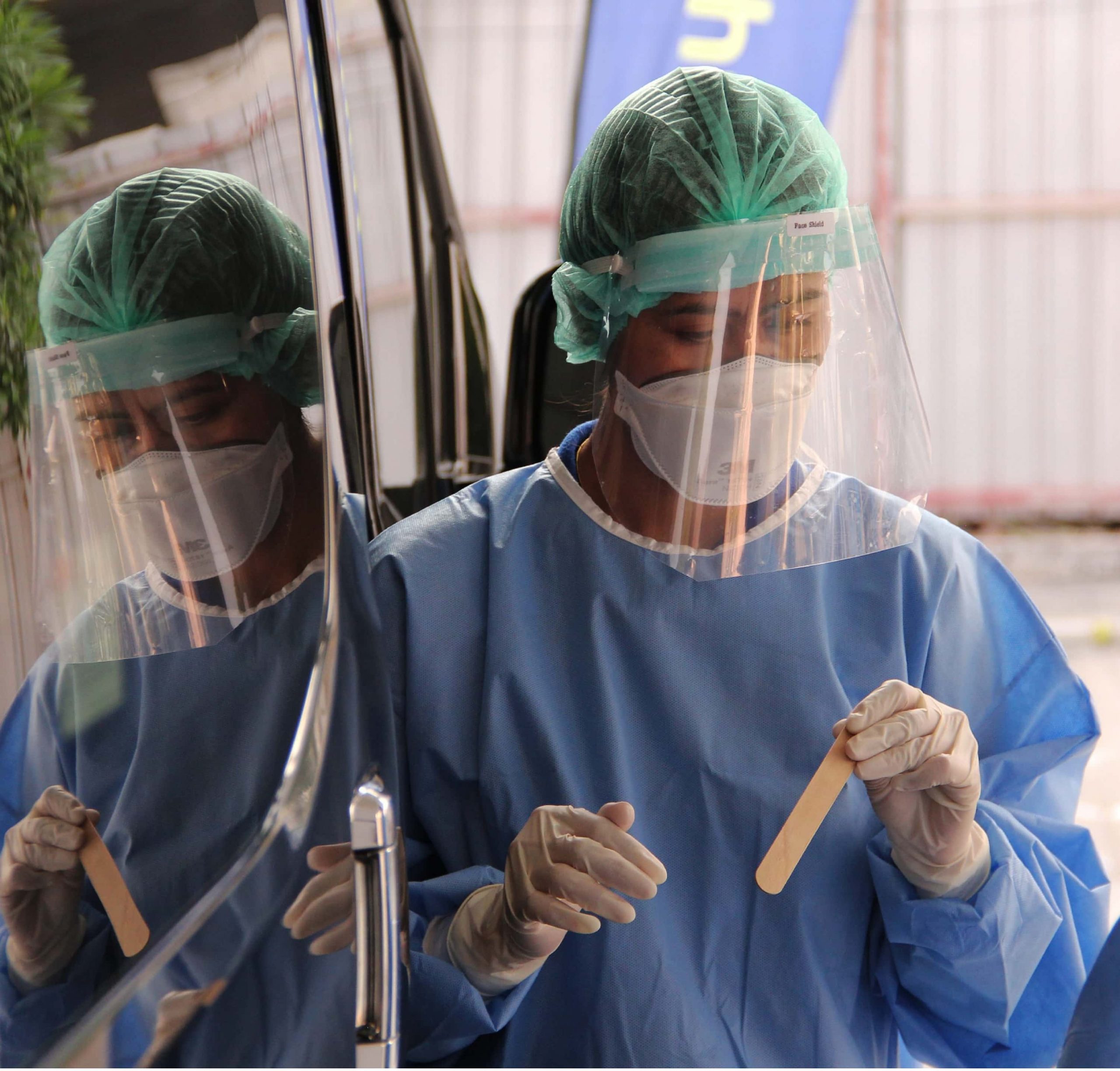Terrorism: AU Plans Deployment Of 3,000 Troops To Niger, Others
The decision was made at the African Union summit earlier this month, Smail Chergui, head of the AU’s Peace and Security Commission said, but the announcement was not made until a press conference Thursday.
“On the decision of the summit to work on deploying a force of 3,000 troops to help the Sahel countries degrade terrorist groups, I think this is a decision that we’ll be working on together with the G5 Sahel and ECOWAS,” Chergui said.
“I think this decision has been taken because as we see, as you can recognise yourself, the threat is expanding, it’s becoming more complex,” Chergui added.
G5 Sahel is a 5,000-member joint force already on the ground in the Sahel, and ECOWAS is the West African regional bloc.
A localised revolt that began in northern Mali in 2012 has spread to the centre of the country and to neighbouring Burkina Faso and Niger.
Around 4,000 people died in the three countries last year, a fivefold
increase over 2016, according to UN figures.
‘Humanitarian crisis’
The bloodshed has escalated despite the presence of a 13,000-strong UN peacekeeping force in Mali and rattled coastal countries to the south of the Sahel.
Burkina Faso President Roch Marc Christian Kabore said this week that the Sahel faced an “unprecedented humanitarian crisis”.
Final decisions from the AU summit have yet to be published, but diplomats have confirmed details of the proposed Sahel deployment.
“The summit decided to deploy about 3,000 troops for a period of six months to work with the countries of the Sahel to deal with the menace that they are facing,” Edward Xolisa Makaya, South Africa’s ambassador to the AU, told AFP.
“It’s just a sign or a show of solidarity with the people of the Sahel.”
South Africa took over as AU chair at the summit and plans and to host an extraordinary AU summit on security issues in May.
Makaya said he hoped the Sahel deployment would take place “during the course of the year”.
‘Not the right answer?’
But many details of the possible deployment have yet to be worked out.
Makaya said no countries had come forward to volunteer troops, and it was also unclear how the deployment would be financed.
“Of course the member states have been called upon to make offers and contributions, and they did, some member states did make offers during the discussions,” he said. “But we are not at liberty to mention their names now.”
Elissa Jobson, director of regional
advocacy for the International Crisis Group think tank, was sceptical as to how effective an AU deployment would be.
“While it’s good to see that African Union leaders are showing real concern about the conflict in the Sahel and are moved to do something about it, the deployment of troops isn’t necessarily the right answer,” Jobson said.
The deployment would “have to be part of a well thought through political
strategy that should also include dialogue with the jihadist groups in the region,” she added.
Thursday’s press conference took place as part of a meeting of AU and European leaders.
EU foreign minister Josep Borrell said at the press conference that an AU deployment to the Sahel would be “very much welcome”.
“I think we have enough logistical coordination capacity in order to manage all together,” he said.
AFP



